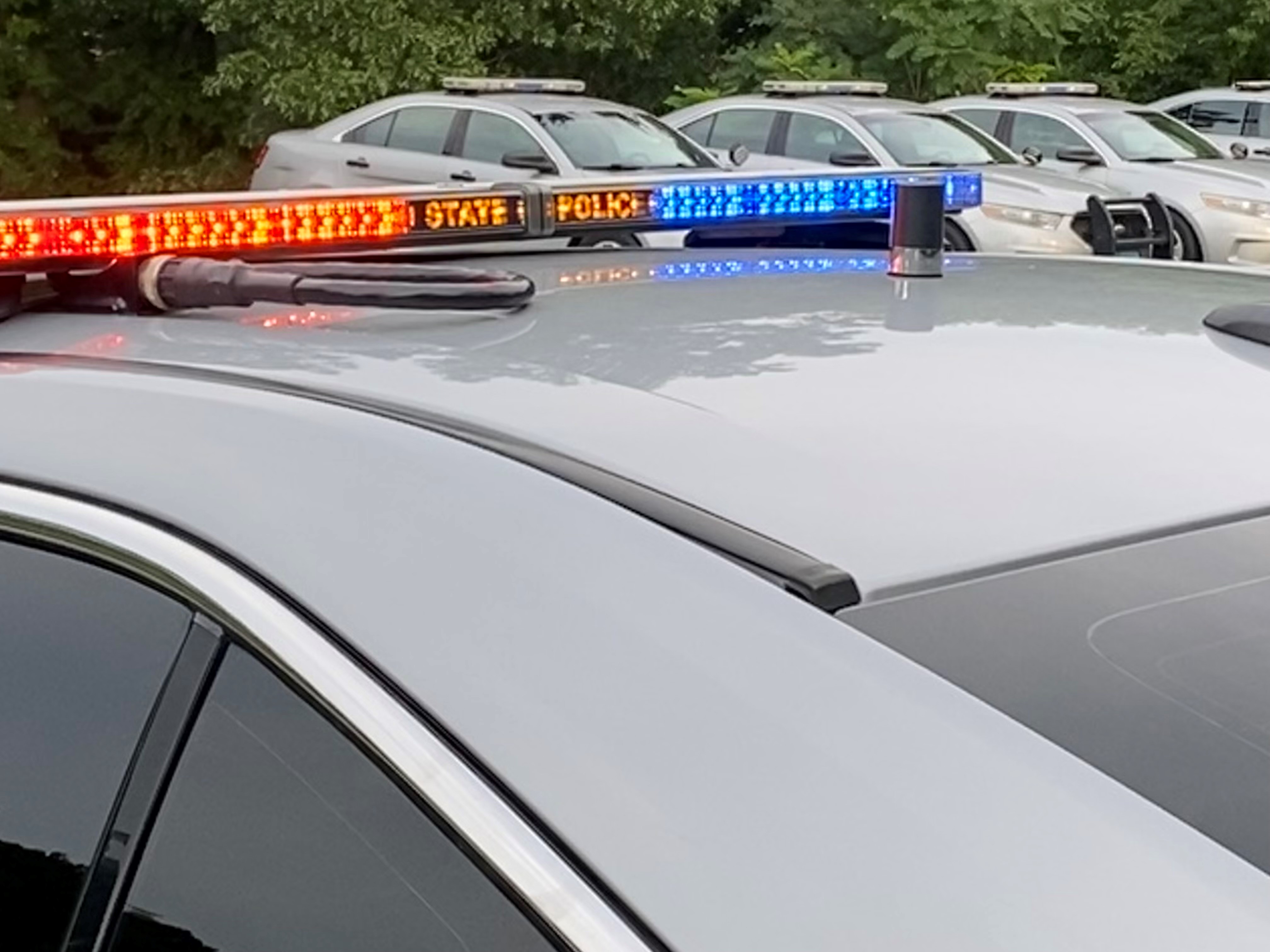Commemorating Juneteenth, a very specialized blood drive was held in Hartford Monday. It was the inaugural “Juneteenth Sickle Cell Awareness Blood Drive and Expo.”
Sickle cell disease is a blood disorder that disproportionately affects African Americans. Aiming to increase awareness several community organizations came together with the American Red Cross, to support sickle cell patients and encourage blood donation to help them.
Embracing those making blood donations Monday was Artisena Hill, who helped recruit some donors.
“I’m just super passionate about giving blood,” she said.
Get Connecticut local news, weather forecasts and entertainment stories to your inbox. Sign up for NBC Connecticut newsletters.
Sickle Cell is a blood disorder that affects one out of every 365 African Americans. It’s the most common genetic blood disease in the U.S., causing red blood cells to be misshaped.
“If someone has sickle cell, it’s shaped in a sickle or crescent moon form,” explained American Red Cross of Connecticut spokesperson, Jocelyn Hillard. “That can severely affect how blood travels through your system.”
The disease can cause severe pain and lead to serious health problems. Patients need regular transfusions to avoid hospitalization. Among those patients is Markus Brown who needs a blood transfusion once a month.
Local
“It’s a necessity for me. It’s about quality of life. It’s about spending time with my family,” said Brown, of Vernon.
Because of the disease, Brown says he’s been hospitalized many times, and says a sickle cell crisis can create agony.
“Usually, a sickle cell crisis means it’s 10 out of 10 [pain level] and you need to get your butt to the emergency room or to the sickle cell clinic,” he said.
Unfortunately, it’s not just the physical disability Brown battles with.
“Even when you are not dealing with pain, you have anxiety because you worry about getting sick,” said Brown.
Trying to find people with genetic similarities, organizers of Monday’s event aimed at attracting a diverse donor pool.
“We are looking for more donors who are of African descent, as a lot of our patients are of African descent as well,” said Zoe Green, research coordinator at UConn Health for the New England Sickle Cell Institute.
One reason is because many black donors are free of C, E and K antigens, making them the best match for sickle cell patients.
Nikia Pinckney was among the donors who were CEK negative.
“If I’m in a position to do it, and I’m healthy enough to do it, there’s no reason why I can’t donate,” she said.
So as the blood drive filled with people, Brown thanked them for their donations for a very personal reason.
“It keeps us out of the hospital so we can live life,” he said.
Regardless of background, blood of all kinds is needed. The Red Cross says it collected over 26,000 fewer blood donations in May than what was needed to meet the needs of patients.



